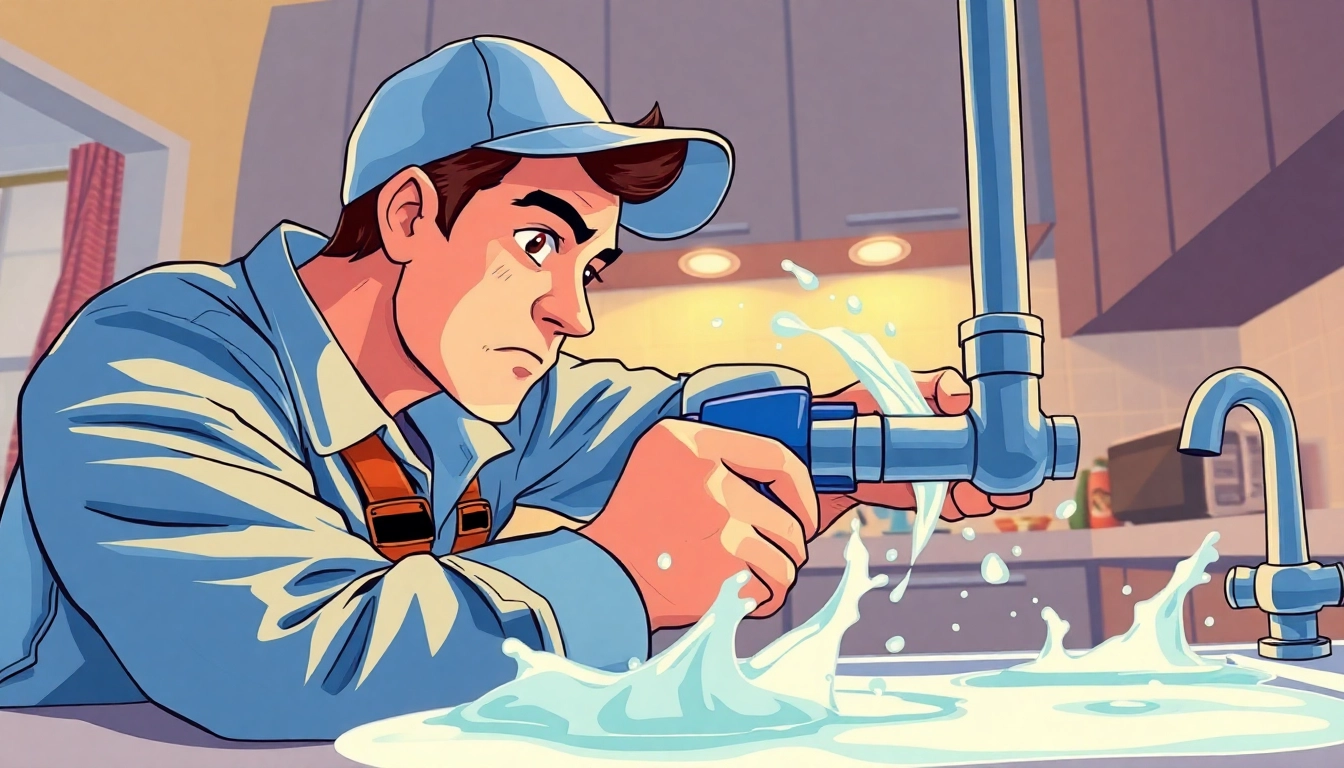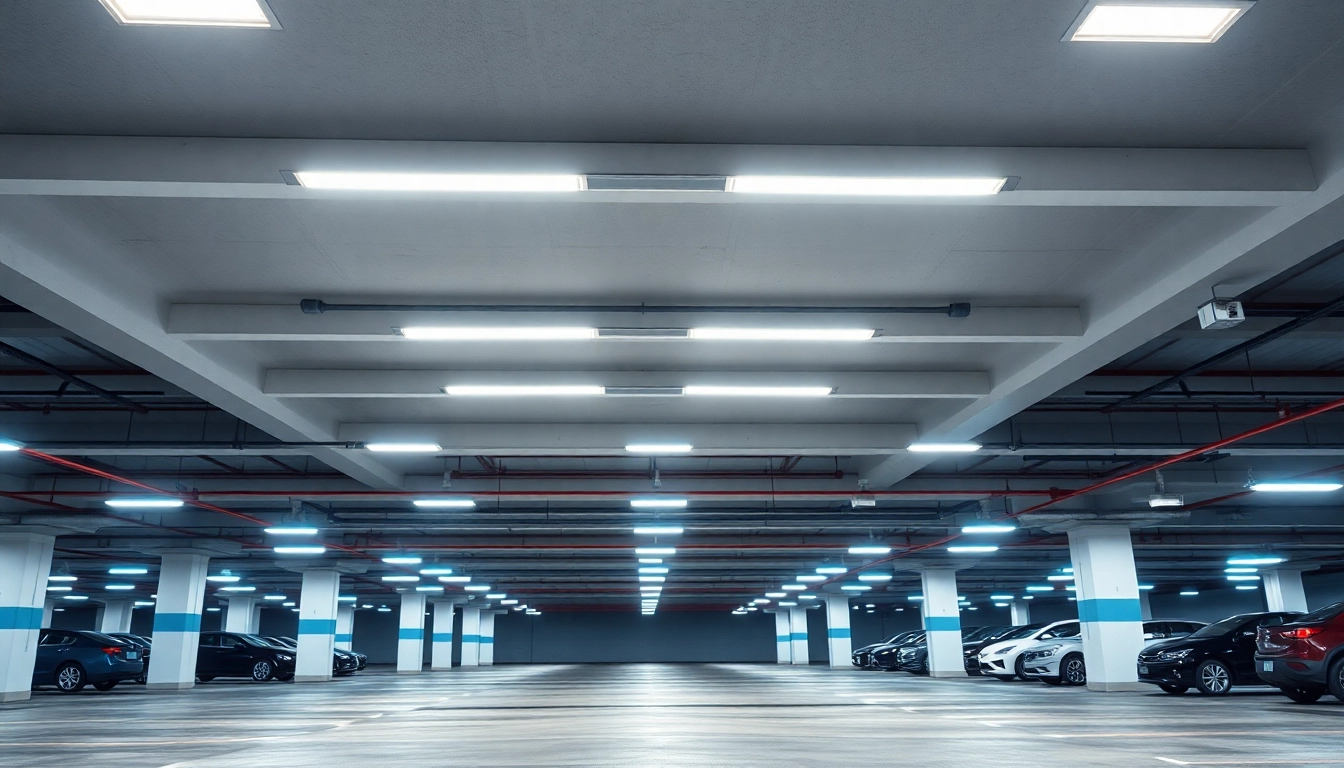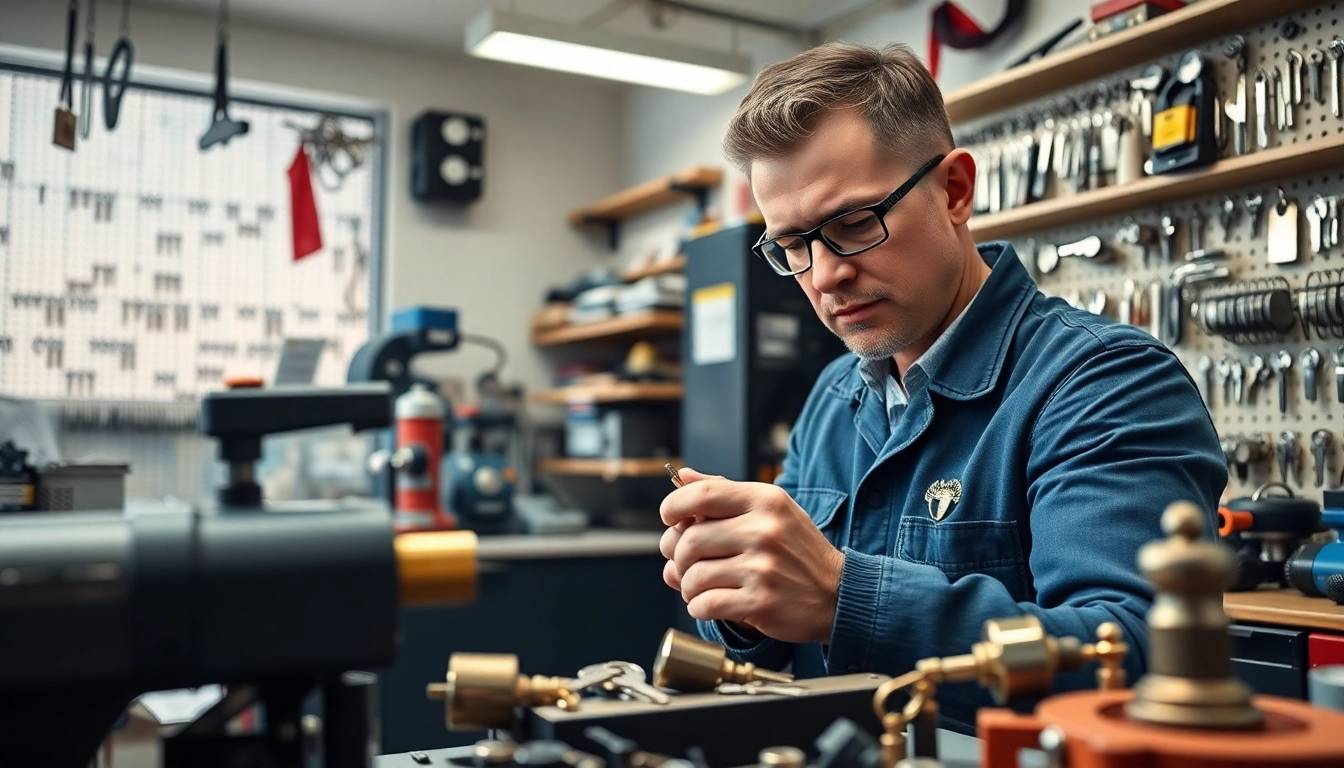Understanding the Role of an Emergency Plumber
When plumbing issues arise unexpectedly, it can cause significant distress. This is where the expertise of an emergency plumber comes into play. These skilled professionals are specifically trained to handle urgent plumbing mishaps, providing swift and effective solutions to restore normalcy in your home or business. In this section, we’ll delve into the critical aspects of an emergency plumber’s role, the importance of immediate response, common emergencies they tackle, and how they differ fundamentally from regular plumbing services.
The Importance of Immediate Response
Immediate response to plumbing emergencies can save property owners from potential damages. A quick reaction not only prevents further complications but also curtails the financial burden associated with extensive repairs. For instance, a burst pipe can quickly fill a basement with water, leading to structural damage and the growth of mold if not addressed promptly. Emergency plumbers recognize the urgency and prioritize calls to ensure that critical issues are managed without delay.
Common Emergencies Plumbers Handle
Emergency plumbers are adept at managing a variety of urgent situations, including:
- Burst Pipes: A sudden rupture can lead to flooding, requiring swift intervention.
- Clogged Drains: Severe blockages that prevent water from flowing can necessitate immediate action.
- Water Heater Failures: A malfunctioning water heater, especially in winter, can create significant discomfort.
- Overflowing Toilets: This embarrassing and messy situation demands quick solutions.
- Gas Leaks: One of the most dangerous plumbing issues, requiring immediate evacuation and professional handling.
How Emergency Plumbers Differ from Regular Services
The primary distinction between emergency plumbing services and regular maintenance occurs in the nature of the calls they respond to. Emergency plumbers are available 24/7, equipped to handle urgent complications that arise outside of typical working hours. On the other hand, regular plumbers are typically suited for non-urgent repairs, installations, or scheduled maintenance during business hours. This difference underscores the importance of having a reliable emergency plumber on speed dial for crises that cannot wait.
Signs You Need an Emergency Plumber
Recognizing when to call for emergency plumbing services can significantly mitigate potential damage. It’s crucial to be aware of the signs signaling urgent plumbing issues, as waiting can result in more extensive problems.
Recognizing Plumbing Distress Signals
Some common distress signals that warrant a call to an emergency plumber include:
- Unusual Sounds: Gurgling, rattling, or banging noises in your pipes often indicate underlying issues.
- Unexplained Puddles: Any accumulation of water in areas where plumbing is present needs immediate attention.
- Water Stains on Walls or Ceilings: These stains can indicate slow leaks that require prompt investigation.
When Waiting is Not an Option
There are specific circumstances when delaying a call to an emergency plumber is unwise:
- Flooding Situations: Saturated areas can lead to mold growth and damage to flooring and walls.
- Loss of Water Supply: When essential facilities such as bathrooms and kitchens are incapacitated, immediate action is necessary.
- Signs of a Gas Leak: As previously mentioned, gas leaks pose a severe threat and should never be underestimated.
Understanding Urgent Plumbing Issues
Having a clear understanding of which plumbing issues qualify as emergencies can help homeowners take action swiftly. Problems such as broken sewer lines, severely leaking roofs, and malfunctioning sump pumps can escalate rapidly into significant health and safety concerns. Recognizing these can empower individuals to seek an emergency plumber without hesitation.
How to Choose the Right Emergency Plumber
Choosing the right emergency plumber can be a daunting task, especially during stressful situations. However, a systematic approach can help ensure that you find a qualified professional capable of addressing your plumbing needs.
Evaluating Qualifications and Experience
First and foremost, verify the qualifications of the emergency plumber. Look for licenses, insurance coverage, and certifications. Experienced plumbers tend to have a deeper knowledge of diverse plumbing systems and can typically address a wider array of issues efficiently. Don’t hesitate to ask about their past experiences with problems similar to yours.
Checking Reviews and References
Online reviews and testimonials can provide insight into the performance and reliability of potential plumbers. Websites like Yelp, Google Business, and local service directories can offer authentic feedback from previous clients. Additionally, asking for references from friends and family can lead you to trustworthy professionals.
Understanding Pricing and Service Guarantees
Before engaging services, inquire about pricing structures. Some plumbers may charge a flat rate, while others operate on an hourly basis. Be wary of hidden fees and make sure to understand the extent of their service guarantees. An excellent emergency plumber will stand by their work, ensuring clients are satisfied with the services rendered.
What to Expect During the Emergency Plumbing Call
Understanding what to expect during an emergency plumbing call can ease anxiety and help you prepare for the visit. Here’s a breakdown of the typical process involved.
Initial Assessment and Diagnosis
Upon arrival, the plumber will perform an initial assessment to identify the nature of the plumbing issue. They ask a series of questions regarding the symptoms you’ve observed to gain a comprehensive understanding of the situation. This step is crucial, as it guides them to the most effective resolution strategy.
Common Tools and Techniques Used
Emergency plumbers arrive equipped with various specialized tools to fix problems effectively. Common tools include:
- Pipe Wrenches: These assist in gripping and turning pipes securely.
- Pipe Cameras: Often used for diagnosing hidden clogs or breaks within inaccessible pipes.
- Augers and Snakes: Effective in clearing stubborn blockages in the plumbing system.
Post-Service Follow-Up and Maintenance Tips
After addressing the immediate issue, a quality emergency plumber will provide guidance on maintenance practices to prevent future emergencies. This may include advice on routine checks and identifying early warning signs of plumbing issues.
Preventative Measures for Plumbing Emergencies
Planning ahead can significantly reduce the likelihood of plumbing emergencies. Implementing preventive measures can both save money and minimize stress in the long run.
Regular Maintenance Practices
Conducting regular maintenance on plumbing systems is essential for identifying potential issues before they escalate. Scheduling periodic inspections helps plumbers detect small problems that, if left unfixed, could develop into major issues, thereby preventing emergencies.
Seasonal Plumbing Checks
As seasons change, so do plumbing demands. For instance, prior to winter, it’s wise to check for leaks and insulate pipes to avoid freezing. In spring, it may be beneficial to inspect outdoor plumbing systems, including hoses and irrigation systems, to ensure they are functioning correctly.
DIY Tips for Minor Issues
While not all plumbing problems require professional intervention, knowing how to handle minor issues can provide peace of mind and save time. Here are some DIY tips:
- Unclogging Drains: Use a mixture of baking soda and vinegar to dissolve minor clogs.
- Stopping Toilet Leaks: Adjust the flapper or fill valve to prevent water wastage.
- Winter Preparation: Seal exterior pipes and prevent frozen pipes by maintaining a consistent temperature.
In conclusion, understanding the importance of emergency plumbing services and recognizing the signs that indicate a need for immediate help are key. With the proper strategies for choosing the right plumber and maintaining your plumbing systems, you can avoid many plumbing emergencies and ensure your home remains safe and functional.




